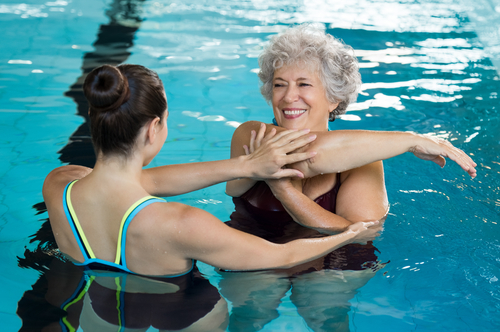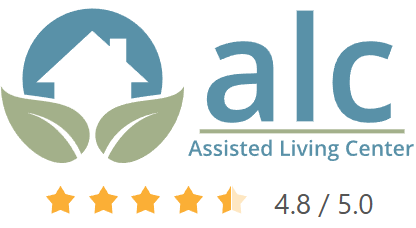The elderly who stay physically active and engaged in outdoor activities are known to increase their lifespan and maintain a higher quality of life. Learning and staying mentally active serve much the same purpose. Learning is an essential part of life, and there is no reason to cease learning just because we have reached old age. In fact, old age is exactly when being an active learner can become more important than ever and even help prevent dementia.

Professional providers of home care in Tarzana and other communities in the area understand that learning can be vital to the wellbeing of the elderly, which is why they support seniors under their care in their efforts to learn new skills.
So what are the benefits of lifelong learning and how does the learning process change as we grow older?
Why is learning harder as you get older?
Learning is about making new connections in the mind as well as weakening old connections. As we age, we start to slowly lose our ability to weaken these old, unwanted or outdated connections. This is why age-related memory loss is normal. While memory loss in the elderly cannot be stopped altogether, it is possible to keep the brain active and engaged and so slow down the progression of memory loss.
It takes strong and stable neural connections to process information, from receipt to transmission. These weaken as we age, and part of the problem is their disuse. It takes us longer to learn new information, and multitasking can be a difficult, overwhelming task.
How does learning change with age?
They say we live and learn, and that we do. Whether formal or informal, learning is a lifelong process. We learn new things every single day, even if we fail to realize it. But a decline in cognitive abilities is a natural part of the aging process. Because of this, application of motor skills and learning based on these is normally easier on the elderly population than learning things which require associative binding.
The bottom line is that learning any skill and memorizing information is incredibly beneficial. As we age, we need sharp cognitive abilities if we want to maintain functional independence and learning a new skill can help with that. Stimulating the mind is important at this stage as it helps maintain cognitive function and prevent illnesses such as dementia. Now that we know how much we can benefit from learning, it’s time to forget about that tired concept and make learning a priority.
Why do old people stop learning?
For the vast majority of the elderly population, learning stops at some point. There are many reasons why the elderly may stop learning, and it has to do with our traditional idea of retirement. This is ironic because it is not until we reach old age that most of us actually have the time to devote to learning, whether it’s reading a book at home or taking up a more active hobby.
The most effective strategies to counteract this can be incredibly simple. For instance, community centers often have special programs for seniors where they can not only learn new skills but also socialize and meet new people, expanding both their knowledge and social circle.
What are the potential benefits of learning in the elderly?
The number one benefit of learning is that it improves brain health. Healthy behaviors can help reduce the risk of deteriorating brain health and memory loss and also prevent other illnesses:
- Keeping blood pressure, cholesterol and blood sugar levels under control
- Maintaining a healthy weight through regular meals and a balanced diet
- Getting enough sleep, no less than 7-8 hours of sleep per night
- Staying active and engaged through involvement in community activities and socializing
- Minimizing bad habits such as smoking, drinking alcohol or having a high intake of processed sugary foods
To a certain extent, cognitive deterioration is inevitable, but it can be slowed down. The elderly who embrace lifelong learning can discover, rediscover or hone their special skills and talents.
Tickle your brain cells & unlock the potential of home care across Tarzana and neighboring communities
A weekly trip to Tarzana Community & CulturalCenter? Daily walks? Home cooked meals? A clean house? A caregiver can help with all of this and more! At A Better Way in Home Care, we go the distance.

We will introduce you to fully vetted caregiving industry professionals who will look after your elderly loved one with the level of commitment they want and deserve. Schedule a consultation today and let us know how we can help your elderly loved one make the most of this stage in their life.








